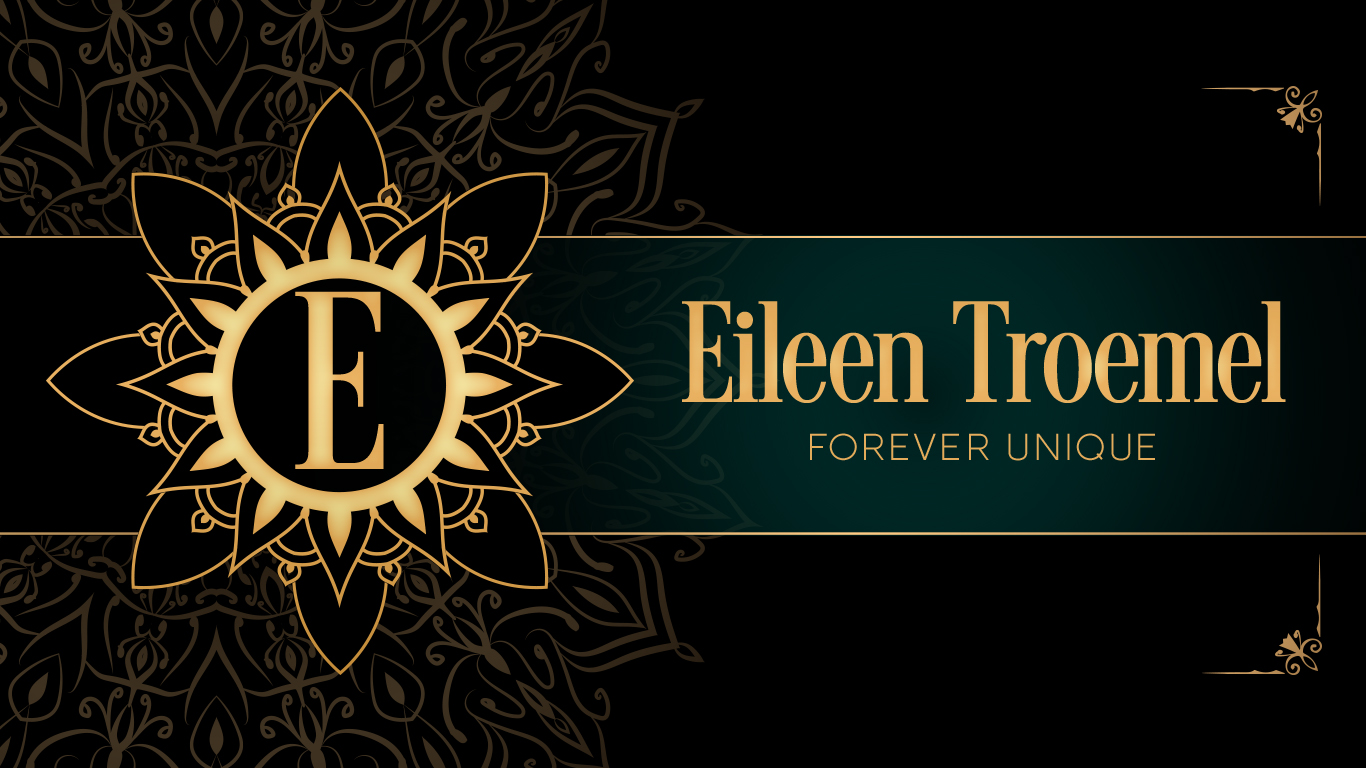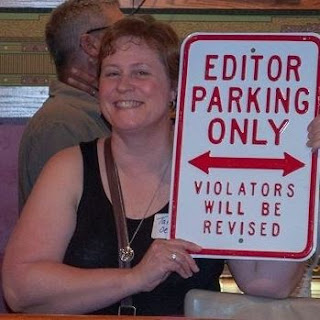Tanya Oemig and I met at the reader event earlier this month. She came up to my table and started chatting. Very quickly we realized we lived near each other. It was a nice opener to have a lovely discussion about writing and the local area.
Tell us a little about yourself. I took one of those online quizzes recently that indicated that I exhibit left
vs. right brain traits in equal measures. This wasn’t a surprise since my favorite classes in school were creative writing and science. I studied microbiology and epidemiology and have had a health-related career for thirty years. My evening activities have always included reading and writing. After trying my hand developing my own works of fiction, I realized I am much better at providing input on another person’s writing than I am at completing my own stories. With the growing popularity of self-publishing and small presses, I seized the opportunity to be actively involved in bringing the best stories to the market.
What is your background for editing? I have decades of professional experience writing and editing in the technical world, coupled with a lifetime of avid reading in all genres. I learned fiction review and critique from writers and mentors like Kathleen Massey-Ferch and Lorrie Moore and honed those skills over several years with a science fiction/fantasy writers’ group. I launched my freelance editing career in 2018 and have so far seen four novels through to self-publication. I have provided developmental editing services for a small press as well.
What are the most frequent errors you find? Errors around formatting are the most frequent. The first things I look for when I start working on a manuscript are uses of spaces, indents, tabs, and carriage returns. I also look at punctuation around dialogue. Most word processing software (from Word to Google Docs) have formatting tools that double space without using the “Enter” key, indent the first line of a paragraph without using the “Tab” key, and center text. Only one space is required after colons and periods. Punctuation at the end of dialogue should be inside the quotation marks. Most of the time I make these corrections throughout the document before I even start reading. I make the changes silently—I don’t point out all of the instances I corrected to the author. I just summarize what I’ve done.
What’s the number one thing you hate to see in a manuscript? Hate is a strong word! I am sad when I read a manuscript with a good story but very boring language. In some cases, this is a matter of the author telling vs. showing, but even when the author is showing characters in action, there are verbs that draw the reader into the scene better than others.
What is something which has totally taken you by surprise when you’re editing? I’ve been blown away by the different spins authors have put on familiar storylines. There seems to be plenty of talent to create new vampire tales, present a new take on a forbidden romance, or cross into another dimension.
What resource materials do you recommend? My number one recommendation is The Emotion Thesaurus: A Writer’s Guide to Character Expression by Angela Ackerman. She has a series of very good books, but this one is the most important in guiding a writer to show rather than tell. It’s much better to describe the sensations a character feels and the expressions on display than just telling the reader what emotion the character is feeling.
A wealth of material is available on the web. Many editors write blog posts (which I repost on my Facebook page) on everything from how to use lay vs. lie to navigating the process of self-publishing. Google is your friend! Websites that I particularly like are Grammar Girl and the Merriam-Webster dictionary.
If you’re also an author, do you do your own editing? I write a lot of technical content for my “day job” and ALWAYS have someone else review it after I think I’ve caught all the mistakes.
What can authors do to better prepare their manuscripts for an editor? Ideally, a manuscript will have received input from critique partners, alpha and beta readers, and gone through a number of revisions before being sent to an editor.
What format do you prefer? I work only with completed manuscripts. I edit in Word with my changes tracked. I am willing to convert documents written with other applications, track my edits, and convert the document into a format the author can use. With this process, Word and Google Docs work best but I’m willing to give other formats a try.
Do you look for a particular genre? I edit any genre of fiction, specializing in fantasy and romance, including erotica. Paranormal romance authors are my most frequent clients.
Do you attempt to develop a writer? My developmental editing process provides details of the writer’s strengths and weaknesses using examples taken from the text. When suggesting changes in any level of editing, I explain my rationale and provide references when necessary. I intend to be instructive as well as constructive to develop the writer’s skills. I’ve even provided tutorial instruction for using overlooked tools in Word and Google Docs to give the writer more power for their future work.
What advice do you have for authors? Keep reading, keep writing, and resist the urge to overuse commas. https://www.grammarbook.com/punctuation/commas.asp

Website: https://tanyaedits.com/
Facebook: https://www.facebook.com/TanyaEdits/

